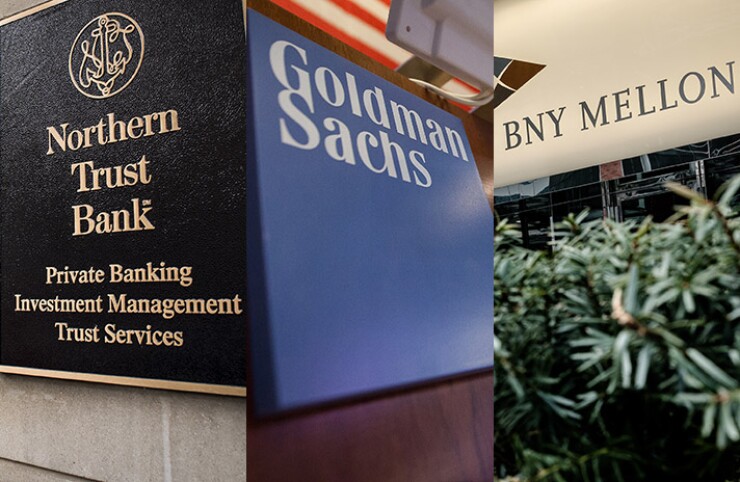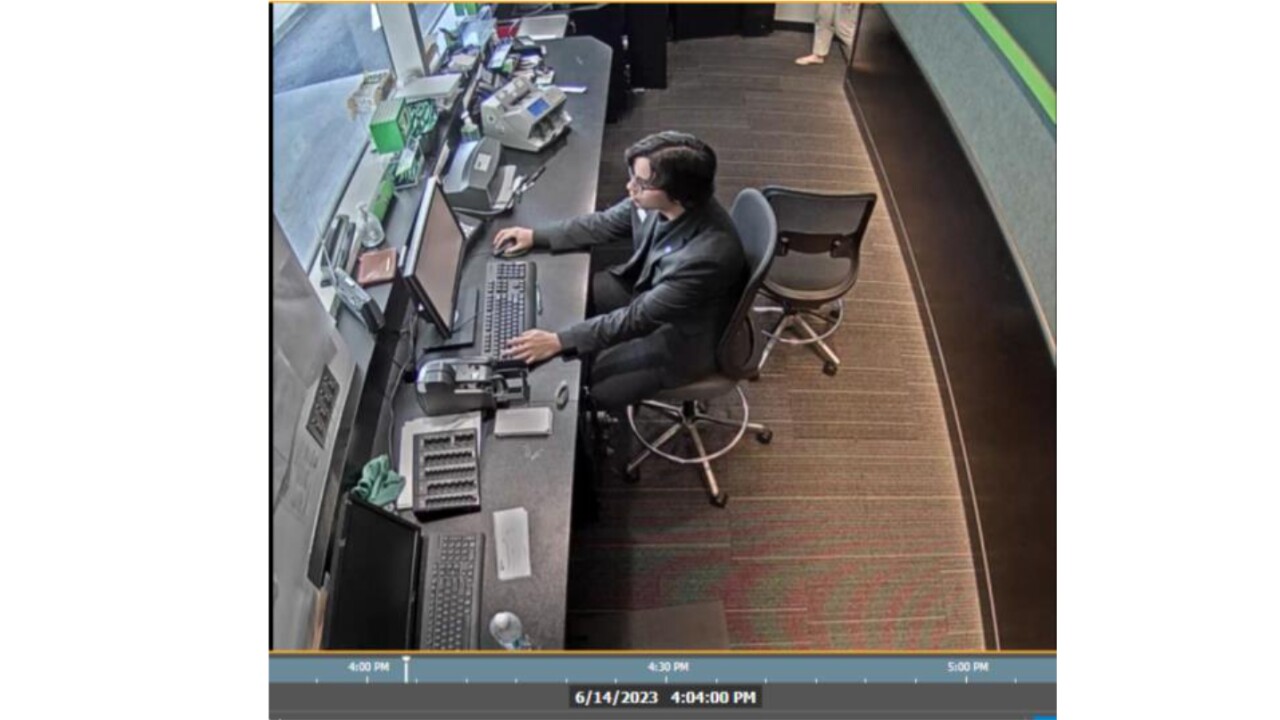Jamie Dimon once called bitcoin a “fraud” but
Like Dimon, a growing number of banks appear to be warming up to the idea of building businesses that serve the digital currency world. It is an area that most banks have thus far ignored.
JPMorgan Chase, Northern Trust, Goldman Sachs and several other banks are developing new products to hold cryptocurrencies in custody, according to the companies and various media reports. Like safe deposit boxes, these custody services would help bitcoin investors defend against theft.
If the products materialize, they could help large banks accomplish two tasks—generate a new revenue source and avoid being left behind in an emerging sector of finance. Still, banks have their work cut out for them, said William Stern, a banking attorney at Goodwin Procter.
“Banks have deep risk management experience, but crypto is new and there are other players out there at the forefront of developing this new technology,” Stern said.

Although many banks are exploring ways to use blockchain technologies to
“The financial industry in general has been struggling with cryptocurrencies,” Stern said.
The custodial products would resemble the digital and hardware wallets that many firms already sell as a way to safely hold the private keys necessary to access cryptocurrencies. Blockchain.info in Luxembourg, GreenAddress in Malta and Xapo in Hong Kong are among the largest of those firms.
However, banks appear most interested in catering to investors who hold at least $150 million of digital coins, the threshold at which federal securities law requires investors to place their funds in custody with third parties.
That could be a lucrative business opportunity. Coinbase, which in July
As the market for crypto custody products emerges, banks will face off with nonbank firms that are not subject to extensive federal and state banking regulations. Banks could use that as a selling point, said Ross Delston, a Washington attorney who advises banks on anti-money-laundering regulations.
“That’s reason enough for some investors to use a bank for custody, instead of an unregulated crypto exchange,” Delston said. “The investor would be secure in the notion that the bank will be in business for a while.”
Many nonbank custodial providers will have fewer regulatory safeguards in place, which could scare off potential customers, Stern said. Banks have stricter AML requirements, for example, he said.
“If you are regulated as a money services business, the AML requirements are not as extensive as what would apply to a bank,” Stern said.
But banks’ tougher regulatory requirements cut both ways. For one, compliance is costly. Another is that one appeal of cryptocurrencies is that they do not go through a government-controlled central bank, Delston said.
“The conundrum of cryptocurrencies is that, while the holders want to get away from government regulations, the reality is that as soon as you go to a financial institution [for custody services], you’re covered by AML requirements, at least in the U.S.,” Delston said.
For now, digital currencies appear to have escaped the threat of new regulations. A
Meanwhile, several banks are plowing ahead with custody product development.
Northern Trust is looking to
Goldman Sachs, which already introduced a bitcoin futures trading platform, is also exploring a custody product for funds that invest in cryptocurrencies, according to a report on Monday. A Goldman Sachs spokesman described the story as “speculative.”
“In response to client interest in various digital products, we are exploring how best to serve them in the space,” spokesman Michael DuVally told American Banker. “At this point, we have not reached a conclusion on the scope of our digital-asset offering.”
Bank of New York Mellon and JPMorgan Chase
State Street in January said it was interested in entering the crypto custody space, the U.K. publication
These banks will face plenty of competition from firms that specialize in digital currency.
The security startup BitGo sells custody products for several different types of crypto tokens,





